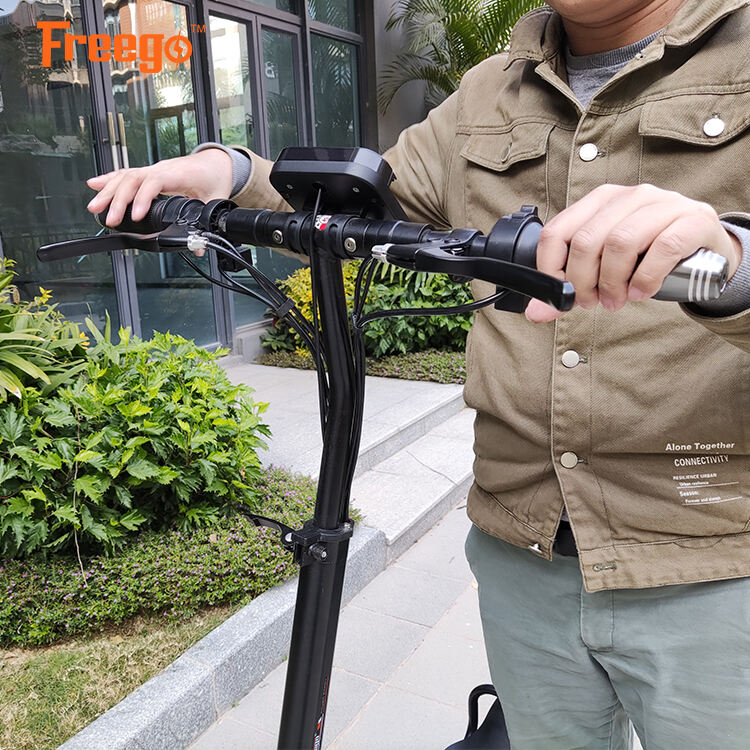With the increasing urban population, cities are now looking for transportation solutions that are sustainable. However, for residents and visitors to navigate busy streets, shared electric scooters have become very popular, and are now readily available. In this blog, we explain why these scooters are important in solving urban mobility issues, discussing both their advantages as well as their features.
Shared electric scooters are a popular choice of transport among people due to their ability to seamlessly integrate into public transportation systems. Their widespread availability can significantly help in reducing the environmental impact of cars, making them an ideal choice for urban commuting. Moreover, with electric scooters supporting public transport systems, traffic congestion will greatly decrease.
The ease of locating and renting electric scooters through mobile applications make these scooters extremely convenient. They help users get from point A to B. Electric scooters become incredibly useful in areas with traffic congestion or places where public transport is limited. Moreover, electric scooters are more affordable than ridesharing services or taxis. Commuters on a tight budget are likely to find this option very useful.
The convenience offered by shared electric scooters comes with its own set of challenges. Safety is always a concern given that riders with no experience might get into accidents using poorly maintained scooters. Cities need to set regulations that make education on safe riding practices mandatory as well as regular inspection of the scooters. Furthermore, the use of electric scooters into the existing infrastructure is difficult because of the need to carefully consider the placement of pedestrians and other road users.
Looking ahead, the importance of shared electric scooters within urban mobility systems is likely to grow even further. Cities are starting to integrate these scooters into their transit systems, seeing that they can be used in conjunction with public transport. For instance, scooters can be used as first and last mile solutions by enabling users to easily access bus or train stations. The user experience as well as operational efficiency will also be improved with advancements in technology like better battery life and GPS tracking.
As we have seen, shared electric scooters could greatly enhance urban transportation systems. They’re capable of easing traffic congestion, decreasing emissions, and providing easy access to transportation, making them an ideal solution for cities worldwide. Once stakeholders effectively tackle safety and policy issues, we can expect a more integrated transportation system that relies on electronic shareable scooters as a critical element.
More cities are now adopting policies that permit the use shared electric scooters, indicating greater acceptance and adoption. With the constant growth in technology, the future of shared scooters lies in the hands of community innovation.

